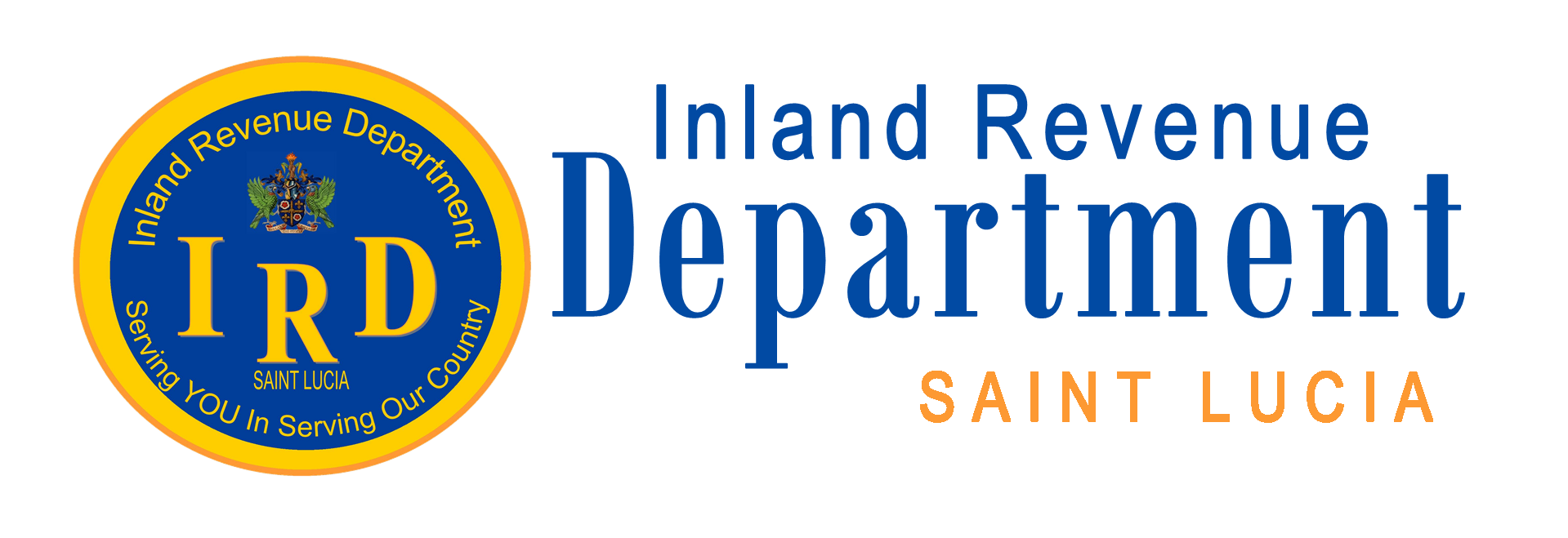When To Register
With the implementation of the Value Added Tax (VAT), a threshold has been set at which persons must be registered as VAT taxpayers. This guide provides information on who should be registered for VAT, who can register voluntarily, and why you will benefit from voluntary registration.
It also explains:
- the circumstances in which you must register
- the circumstances in which you cannot register
- the circumstances in which you do not need to register
Who should register?
If you conduct a taxable activity that involves the supply of goods or services, you are required to register to charge VAT if you meet the registration threshold.
A “taxable activity” is defined under Section 6 of the VAT Act “as an activity which is carried on continuously or regularly by any person in Saint Lucia or partly in Saint Lucia, whether or not for profit, that involves or intends to involve, in whole or in part, the supply of taxable goods or services to another person for consideration.”
In other words if you are in the business of supplying or selling taxable goods and/or services, you are undertaking a taxable activity.
A. Businesses trading in taxable supplies must within ten working days (10) register with the Inland Revenue Department (IRD) if their taxable supplies or sales (goods and services):
meet or exceed the threshold of $180,000 in the previous twelve months or less; or
is reasonably expected to meet or exceed the threshold at the beginning of any period of three hundred and sixty five days (365).
Additionally, businesses must register if in the first three months of trading their taxable supplies exceed Forty five thousand dollars ($45,000.)
B. Promoters of public entertainment, licenses and proprietors of a place of public entertainment must within 48 hours of the event, if with a period of twelve or fewer months their annual taxable supplies is reasonably expected to exceed $180,000.00.
C. A person who is an auctioneer is required to apply for registration on the date the person becomes an auctioneer.
What Is the Threshold?
To avoid the imposition of a VAT burden on small businesses, the Government has decided that only persons whose turnover of taxable supplies meet or exceed the threshold need to register.
The threshold is set at $400,000 in any period of 12 months.
You must not attempt to avoid registration by artificially separating business activities to reduce your turnover.
Is there A Penalty for Late Registration?
If you do not register after you would have become eligible, the Comptroller will register you, and your date of registration takes effect on the date prescribed by the Comptroller. Therefore, you will be liable for all VAT due from the time that you should have been registered. This means that you will have to pay IRD for VAT on your sales from the date you should have been registered, even though you have not charged your customers VAT. Your sales from that period would be deemed VAT inclusive.
Failure to register or late registration, may result in you being penalized double the amount of tax due.
What Does Voluntary Registration Involve?
If you do not meet the registration threshold but you are trading in taxable supplies you may apply to the Comptroller of Inland Revenue for consideration to be registered.
Once registered, you will be required to charge and account for VAT. You will be able to claim a deduction for any VAT you have paid on your purchase of materials, stock and equipment used in your business.
Responsibilities of Voluntary Registration
If you decide to voluntarily register for VAT, you have exactly the same responsibilities as someone who must register. You must keep all required VAT records and issue VAT invoices and receipts. You also have to complete and submit a VAT Return monthly, along with your payment.
Do Not Avoid Registering for VAT by Artificially Separating Business Activities
If you operate more than one business, the sales in all those businesses must normally be added together to determine whether or not you must register for VAT.
However, if you operate separate legal entities, companies you do not need to combine the sales of those businesses to find whether you need to be VAT-registered.
If IRD decides that you have artificially separated one business into smaller parts to avoid registering, IRD will regard the entire business as a single taxable person and therefore the business must be registered.
Is There A Time Limit for Registering?
Yes. You must apply for registration within ten (10) working days after the day on which you became required to be registered.
You can obtain of the Registration Form at the IRD's Office at the Blue Coral Mall, Castries or our Vieux Fort and Soufriere offices.
VAT REGISTRATION is FREE, so if you qualify, be sure to register TODAY.


